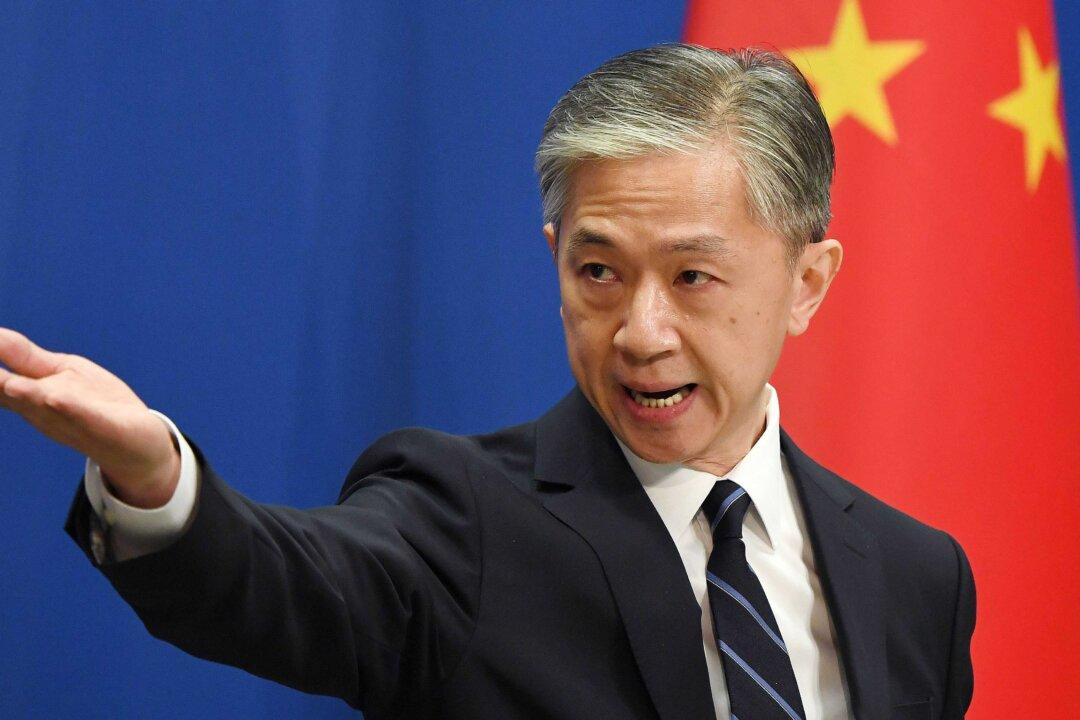Commentary
An eye-catching report published on Dec. 17 on the homepage of the Chinese Communist Party (CCP)-run media Xinhua website stated, “The Ministry of Foreign Affairs Refutes Influencing U.S. Presidential Elections: Completely Fabricated.”

An eye-catching report published on Dec. 17 on the homepage of the Chinese Communist Party (CCP)-run media Xinhua website stated, “The Ministry of Foreign Affairs Refutes Influencing U.S. Presidential Elections: Completely Fabricated.”